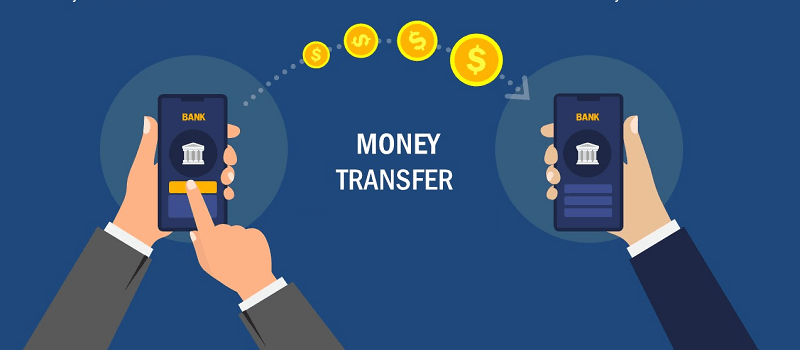Factors that Affect The Speed of Money Transfer
The speed of money transfer is dependent on several factors, which are all intertwined in complicated ways. The most obvious factor is the one that deals with how much information you have about the person being sent money to or from, but it doesn’t stop there. Here are some of the factors the affect the speed of money transfer.
1. Security
The most important factor that affects the speed of money transfers is security. Without it, no money transfer system could exist because you would not be able to trust the people you are sending your money to or receiving it from.
2. Credit History
If someone has a bad credit history, you put yourself at risk of losing money when transferring funds, especially if they are not able to pay you on time. The credit history of the person you are transferring your money to or from will affect the speed of money transfer.
3. You Must Know Who and Where and for What
Another factor that affects the speed of money transfers is that you must know who and where and for what. For example, say you want to send money to your parents back home. You know that they live in a rural area, and you want to make sure they receive the money as soon as possible, so you check with the bank and see that there is an ATM close by.
You send your parents some money, and they receive it in a couple of hours. This is because the nearest ATM was not far from where they lived.
4. Distance
The distance between people or places also affects the speed of money transfer, since the farther the place you are sending money to, the longer it will take you to receive your money. This is because it takes time for your account to be credited with the right amount.
5. Currency Conversion
There are times when banks use currency conversion to transfer funds faster. In this case, foreign exchange rates are involved, which will affect the final amount you get. In addition to this, if a currency conversion takes place, you might have to pay a fee for using this service.
6. The Amount You Are Transferring
The amount of money you are transferring will also affect the speed of money transfer. If you are transferring a large amount of money, then it will likely take longer because the bank has to follow certain protocols such as authenticating your identity.
7. Type of Account
When transferring money, you have a choice of a regular savings account, a checking account, a CD-type account, or an online savings account. The type of the account will affect the speed of money transfer because it will depend on which bank is processing your transaction. You can find out what kind of bank you are dealing with by looking at your statement.
8. Financial Institutions
The financial institution that is processing your transaction will also affect the speed of money transfer. Unfortunately, there are many different financial institutions, and you can’t know everything about them. For instance, money order companies have a different set of rules and regulations than banks. But this is not a problem if you choose financial institutions like Western Union that make it easier to transfer money.
The speed of money transfer is very dependent on several factors. If you are planning on sending money to a friend, it is recommended that you get to know them before you send them any money. You need to verify who they are, where they live, and what they do before even thinking of sending them any funds.

